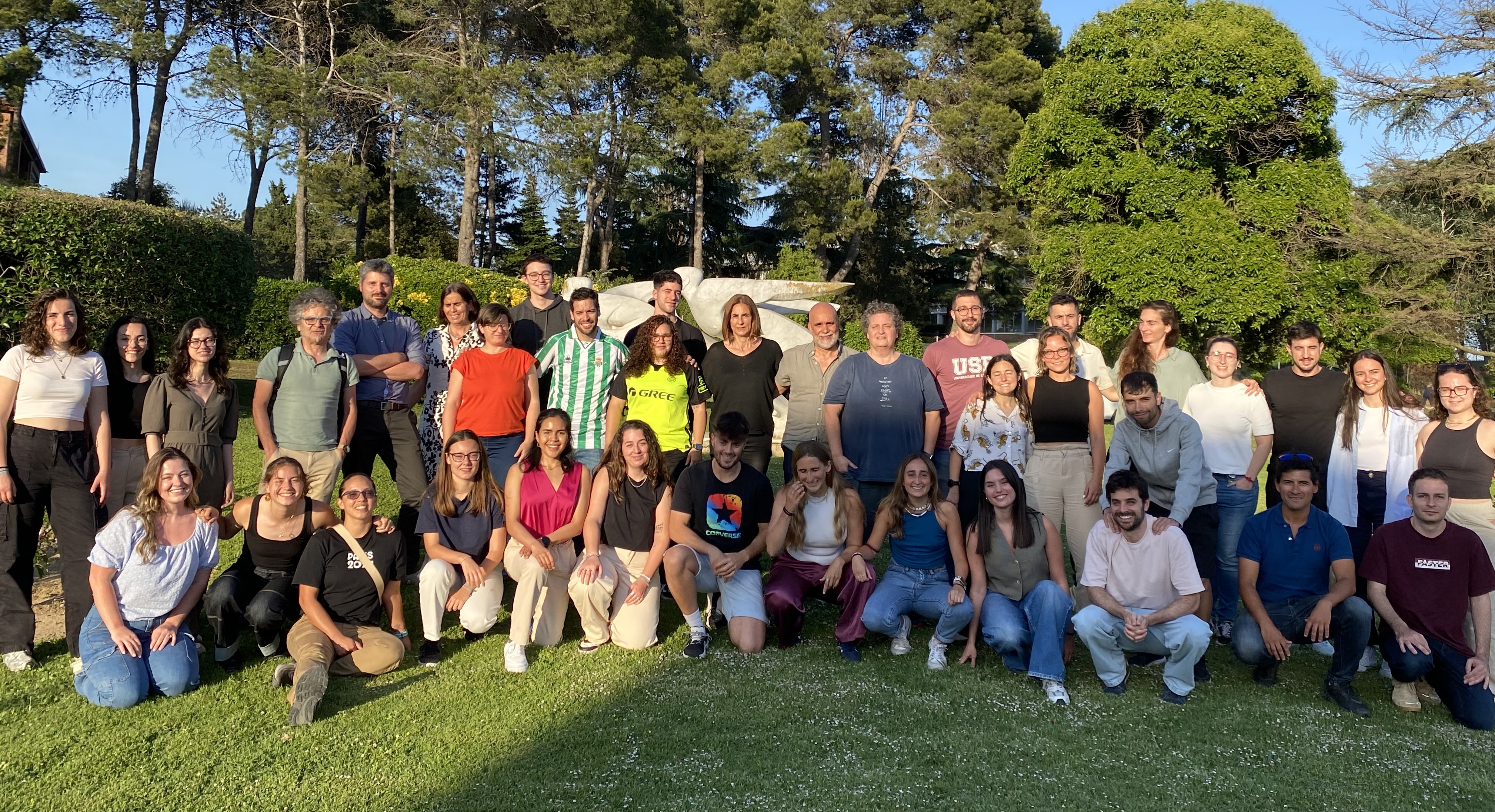Future challenges for excellence in Dual Careers, under debate at the #HEDUCA(R) conference
The conference “Future Challenges for Excellence in Dual Careers” was held on May 28, 2025, at the High Performance Centre (CAR) in Sant Cugat. It was a key event in the progress toward a healthier and more sustainable model for balancing studies and high-level sport in the Spanish context.

According to the Spanish High Council for Sports, 2025 marks a historic record of High-Level Athletes (DAN), reaching 6,268 athletes. These are young people who have chosen to prioritize sport over other vital areas, facing high training loads, demanding competitions at both national and international levels, and sacrifices or challenges that hinder the ordinary development of their academic careers or access to the labour market. Policies aimed at dual careers—facilitating that an athlete can simultaneously pursue sport and another academic or vocational activity—are relatively recent but are becoming increasingly necessary to support athletic careers.
The event was organized within the framework of the Thematic Network on Healthy Dual Careers in Spanish Sports HEDUCA(R). It included the participation of athletes, families, coaches, technical staff, researchers, and representatives from the educational and sports sectors.
During the meeting, the HEDUCA(R) Network project was presented—an initiative that brings together experts from various institutions with the aim of defining a global strategy for the prevention of athletes’ mental health issues through the promotion of dual careers in Spain.
Yago Ramis, coordinator of the Network, emphasized the importance of working collaboratively to generate synergies and promote research that contributes to the development of dual careers in Spain. The opening session included a presentation by Cristina López de Subijana, who described the evolution of dual careers in Spain, detailing the defined policies and the diversity of programs promoted by different organizations.
The conference continued with a roundtable discussion, moderated by Marta Borrueco, featuring key stakeholders—Lucia Ramo, Lourdes Becerra, Iñaki Azkarraga, Júlia Estevez, and Marc Rodas—who participated as student-athletes, families, sports technicians, academic support professionals, and CAR staff. They shared their experiences and perspectives. Key takeaways included the importance of promoting a healthy dual career, not solely focused on the athletic dimension, and the value of interdisciplinary work from the environment and organizations as a crucial aspect for athletes and their support networks.
Next, academic experts in dual careers—Jesús Portillo, Mado González, José María López Chamorro, Pau Mateu, and Irene Checa—held a discussion moderated by Miquel Torregrossa and Susana Regüela. They focused on identifying challenges and offering recommendations. Practical suggestions were presented for both student-athletes and their entourage, resulting from the collaborative work of the network. These included the need to complement legislation with resources and actions, to strengthen interdisciplinary collaboration and training for those surrounding athletes, and to transfer scientific knowledge into practical application.
The event marked a step forward in the creation of policies and strategies that promote the well-being and holistic development of athletes, fostering a high-quality, equitable, and health-focused Dual Career model.
One of the key announcements was the publication of a recommendation guide developed by the network, offering practical guidance to help reconcile academic and athletic careers. Additionally, a website will gather useful resources for athletes, families, coaches, and education professionals, aiming to consolidate a comprehensive support ecosystem for Dual Careers.
The event was coordinated by IRE-UAB and the GEPE-UAB research group, in collaboration with CAR Sant Cugat, as part of the project Spanish Healthy Dual Careers in Sport Research Network (RTI2018--095468-B-I00) funded by 2022 Research Networks call of the Ministry of Science and Innovation within the State Plan for Scientific and Technical Research and Innovation 2021-2023. MCIN/AEI/10.13039/501100011033.